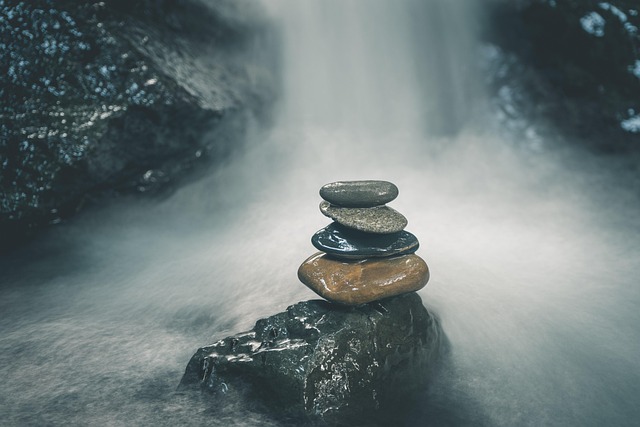The world we live in is an intricate web of ecosystems, climates, and human activities, all interwoven in a delicate balance. As temperatures rise and climate change becomes an undeniable reality, finding this balance has never been more urgent or challenging. Every day, we are confronted with the consequences of environmental neglect, pushing us to rethink our relationship with the planet.
Climate change is not just a distant possibility; it’s happening now. From devastating wildfires to rising sea levels, our environment is in crisis. We often hear about the alarming statistics: melting glaciers, declining biodiversity, and extreme weather events that seem to intensify year after year. However, amidst the urgency, one crucial aspect often overlooked is the need for emotional equilibrium as we navigate these daunting changes.
Finding balance lies in understanding the interconnectedness of our ecosystems and the intrinsic role we play within them. For instance, consider the forests that act as carbon sinks, absorbing CO2 and producing oxygen. When we cut them down without consideration for restoring what we take, we disrupt the delicate equilibrium that sustains life. This is just one example of how our actions can either tip the scales toward devastation or promote resilience.
Moreover, this balance extends beyond environmental conservation. It involves individual and collective actions toward sustainable living. Adopting eco-friendly habits, supporting renewable energy, and advocating for policies that address climate change are all steps that help in maintaining this equilibrium. Each action, no matter how small, contributes to a greater movement towards balance between humanity and nature.
As we engage in conversations about climate change, it’s essential to remember that the stakes are not just environmental; they are deeply personal. Many of us have emotional ties to the natural world—be it a childhood spent hiking in a national park or tranquil afternoons by a lake. When we fight for our environment, we are also fighting for these experiences and the well-being of future generations.
Finding balance also means recognizing that we are in this together. Communities around the world are already coming together to combat climate change, sharing resources, knowledge, and hope. From grassroots movements to international agreements, collaboration is key to restoring equilibrium in our environment. The more we connect and learn from one another, the stronger our collective efforts become.
In this warming world, striking a perfect balance is no easy task. It requires persistent effort, empathy, and an unwavering commitment to sustainability. But as we continue to work towards a healthier planet, we must embrace both the challenges and the triumphs of this journey. Let us create an environment where we respect nature’s boundaries while also empowering ourselves to thrive within them.




